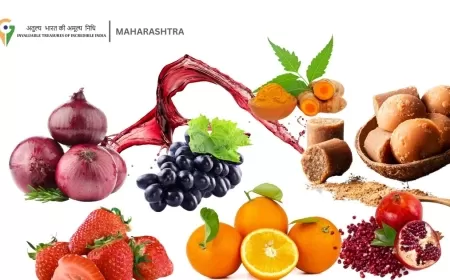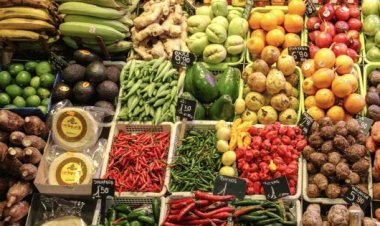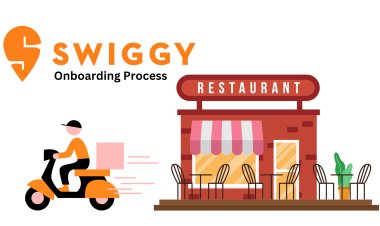Food Sustainability: Feeding a Growing World Responsibly. Lets Have A Deeper Insight...
the importance of food sustainability, its key elements, and the role of individuals, communities, and governments in achieving a more sustainable food system. Learn about preserving natural resources, reducing food waste, sustainable consumption, supporting small-scale farmers, and investing in research and innovation for a brighter food future.

Food sustainability encompasses the production, distribution, and consumption of food in a way that meets present needs without compromising the ability of future generations to meet their own needs. This article explores the importance of food sustainability, its key elements, and the role individuals, communities, and governments play in achieving a more sustainable food system.
Preserving Natural Resources:
Sustainable food production requires the preservation of natural resources such as soil, water, and biodiversity. By implementing responsible agricultural practices such as crop rotation, organic farming, and reduced pesticide use, farmers can protect soil fertility and prevent degradation. Efficient water management is crucial, as it reduces waste and maintains water availability for various agricultural activities. Additionally, protecting and promoting biodiversity in food systems ensures ecological balance and resilience.
Reducing Food Waste:
Food waste poses a significant challenge to food sustainability. An estimated one-third of all food produced globally goes to waste, leading to economic losses and environmental degradation. Reducing food waste involves actions at various stages of the supply chain. Implementing efficient harvesting, post-harvest handling techniques and improved storage facilities can reduce losses. Educating consumers about proper food handling, meal planning, and portion control can help reduce waste at the consumer level. Redirecting surplus food to food banks and organizations that serve vulnerable populations also plays an important role in curbing waste.
Promoting Sustainable Consumption:
Individual consumer choices have a profound impact on food sustainability. Adopting sustainable consumption practices involves making informed decisions about the foods we eat. This includes opting for locally sourced, seasonal foods, as they require less transportation, reducing carbon emissions. Choosing plant-based or flexitarian diets significantly reduces the environmental impact associated with meat production. Supporting sustainable food brands and businesses that prioritize ethical sourcing and fair trade practices further contributes to a more sustainable food system.
Supporting Small-Scale Farmers:
Empowering small-scale farmers is vital for achieving food sustainability. These farmers, often operating within local communities, play an essential role in maintaining food diversity, preserving traditional farming practices, and supporting local economies. Governments and organizations can provide support through access to credit, training, and infrastructure development. Fairtrade agreements that ensure better prices and market access for small-scale farmers also contribute to their sustainability and promote equitable food systems.
Investing in Research and Innovation:
Advancements in technology and innovation are key to addressing food sustainability challenges. Research and development should focus on areas such as precision agriculture, agroecology, and alternative protein sources. Embracing technology-driven solutions such as vertical farming, hydroponics, and blockchain-based traceability systems can reduce resource use, increase productivity, and enhance transparency in the food supply chain. Collaborative platforms that connect farmers, researchers, and consumers can promote knowledge exchange and foster innovation.
Achieving food sustainability requires collective efforts from all stakeholders involved in the food system. Preserving natural resources, reducing food waste, promoting sustainable consumption, supporting small-scale farmers, and investing in research and innovation are all crucial components of a sustainable food system. By embracing these practices, we can ensure that future generations have access to nutritious, affordable, and ethically produced food while minimizing environmental impact. It is through responsible actions today that we can pave the way for a sustainable and thriving food future.
What's Your Reaction?
 Like
0
Like
0
 Dislike
0
Dislike
0
 Love
0
Love
0
 Funny
0
Funny
0
 Angry
0
Angry
0
 Sad
0
Sad
0
 Wow
0
Wow
0







































































































